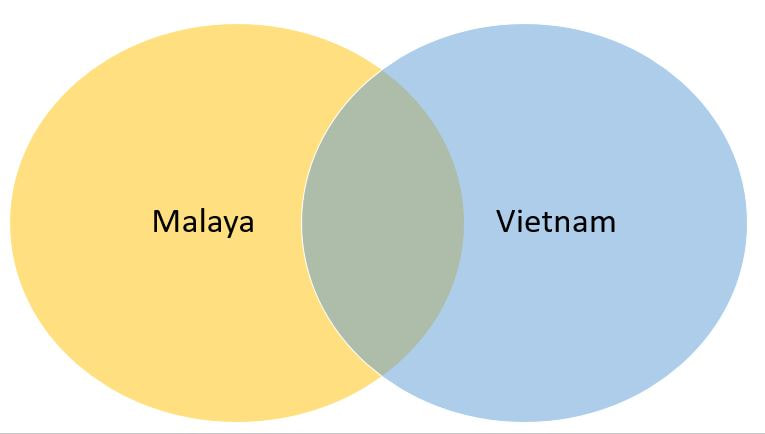The move towards peace:
Following the Briggs plan and work of Templer the situation in Malaya had stabilised by 1954. Templer then departed leaving the Malayan government to mop up the remaining communists using the same methods as Briggs and Templer.
The first move towards peace was made by the Malayan government, lead by Chief Minister Tunku Abdul Rahman in 1955. He offered amnesty to any communist who surrendered. In the talks however (as explained in the 1998 video) Chin Peng's demands were refused and the MCP returned to the jungle, losing support in the process.
With the passing of the Federation of Malayan Independence Act in 1957 one of the key motives for the insurgency, to remove British influence, had disappeared. The remaining insurgents were either captured or fled to Southern Thailand and by 1960 the Government of the newly independent Malaysia declared the emergency over. Despite this formal peace talks were not held until 1989 with most communists still exiled in Thailand.
The first move towards peace was made by the Malayan government, lead by Chief Minister Tunku Abdul Rahman in 1955. He offered amnesty to any communist who surrendered. In the talks however (as explained in the 1998 video) Chin Peng's demands were refused and the MCP returned to the jungle, losing support in the process.
With the passing of the Federation of Malayan Independence Act in 1957 one of the key motives for the insurgency, to remove British influence, had disappeared. The remaining insurgents were either captured or fled to Southern Thailand and by 1960 the Government of the newly independent Malaysia declared the emergency over. Despite this formal peace talks were not held until 1989 with most communists still exiled in Thailand.
Why were the British successful in Malaya? An analysis of counterinsurgency methods
Robert Thompson wrote in 1966 (Defeating communist insurgency) that there are five methods to achieving success in a counter-insurgency, he used the Malayan emergency as a classic case study of how these five methods could achieve success, they were;
- The government must have a clear political aim: to establish and maintain a free, independent and united country which is politically and economically stable and viable;
- The government must function in accordance with the law;
- The government must have an overall plan;
- The government must give priority to defeating political subversion, not the guerrillas;
- In the guerrilla phase of an insurgency, a government must secure its base areas first.
Thinking about these five methods of success consider how the British acted in Malaysia and consider if this explains their success:
Use a variety of textbooks to find answers to points 1 to 5 above (eg use the box with the blue lid), considering alternate perspectives or whether historians are in agreement about the success of the methods.
Method to achieve success
|
British tactics in Malaysia |
Comparison - Dealing with a communist crisis - Malaysia Vs Vietnam
Consider, how were the methods of the British different to those of the Americans in Vietnam. Is this a fair comparison, were the two situations similar or different?
The final word: The Last Communist - Chin Peng
|
Following the 1989 ceasefire the communists were exiled to Southern Thailand. This decision resulted in much resentment and most communists now wish to return to Malaysia, the government has refused these requests. Watch the clip and then get into two groups arguing whether or not Chin Peng and his followers should be allowed back to Malaysia. Consider the entire causes and course of the conflict when you prepare your debate.
|
|
